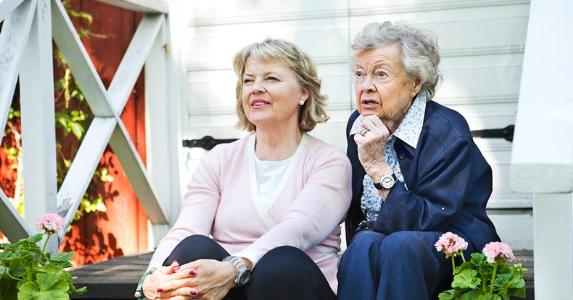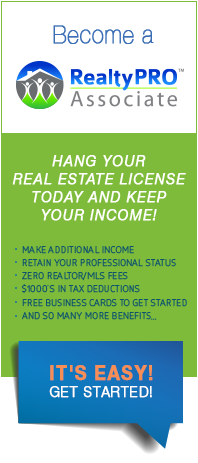home equity
 Dear Liz,
Dear Liz,
My 95-year-old mother lives with us in North Carolina, and she owns a house with no mortgage in New Jersey. Her medical bills are piling up. Lenders won’t give her a home equity line of credit (HELOC) on the house in New Jersey because she doesn’t live in it. How can we extract equity from the house to help pay the bills?
— Perplexed in Carolina

Maskot/Getty Images
Dear Perplexed,
Lenders are understandably wary of unoccupied properties — as are insurers, by the way. Your mother may need to buy additional coverage or a separate “vacation home” policy if she intends to keep the house.
If you or any family members have the cash, you could consider a private mortgage, says Shirley Whitenack, an elder law attorney in Florham Park, New Jersey, and president of the National Association of Elder Law Attorneys. Your mother would get the money she needs, and the family member who lends it to her would record a mortgage on the property to be paid back when the home is sold. You would want to work with a tax adviser to ensure you follow the IRS rules for family loans.
Options for keeping the house
That still leaves the problems inherent in having a vacant home. If a family member needs a place to live in that area and can look after the property, that could be a solution.
Another option may be to rent out the home, which potentially could generate income for your mom while protecting the property from vandals and squatters and making it eligible for a loan. Not all lenders offer mortgages or HELOCs on rental properties, but many do.
RATE SEARCH: A way to take out home equity on an occupied house is by using a home equity line of credit. Shop today for a HELOC on Bankrate.com.
Be careful about selling
There’s also the option of selling it, although that can have tax and other consequences. If she keeps the house until her death and bequeaths it to her heirs, those heirs would owe no taxes on the price appreciation that occurrs during her lifetime. If she sells, on the other hand, she would have to pay a capital gains tax on any home-sale profit over $250,000.
Home sales also can have implications for Medicaid coverage. Medicaid pays for nursing home care for the poorest people. The value of a person’s primary residence isn’t included when calculating eligibility for Medicaid, although states must attempt to recover those funds after the person’s death and may put liens on their homes. If a home is sold before death, however, the proceeds could delay eligibility for Medicaid or cause her to lose eligibility if she’s already covered. If Medicaid is a possibility for your mom, you’ll want to discuss the situation with an elder law attorney before proceeding.
Assess insurance
You also should review your mother’s health insurance coverage. In addition to Medicare, she should have a supplemental health insurance policy and together those should pay most of her medical bills. If she’s running up a big tab, it could be that she has the wrong supplemental policy. Another possibility is that the bills are the kind that aren’t covered, such as those for custodial or long-term care.
RATE SEARCH: Shop Bankrate and compare rates on home equity lines of credit today.
Ask the adviser
To ask a question of Liz Weston, go to the “Ask the Experts” page and select “Retirement” as the topic. Read more Retirement Adviser for additional personal finance advice.
Bankrate’s content, including the guidance of its advice-and-expert columns and this website, is intended only to assist you with financial decisions. The content is broad in scope and does not consider your personal financial situation. Bankrate recommends that you seek the advice of advisers who are fully aware of your individual circumstances before making any final decisions or implementing any financial strategy. Please remember that your use of this website is governed by Bankrate’s Terms of Use.
advertisement
MAR














